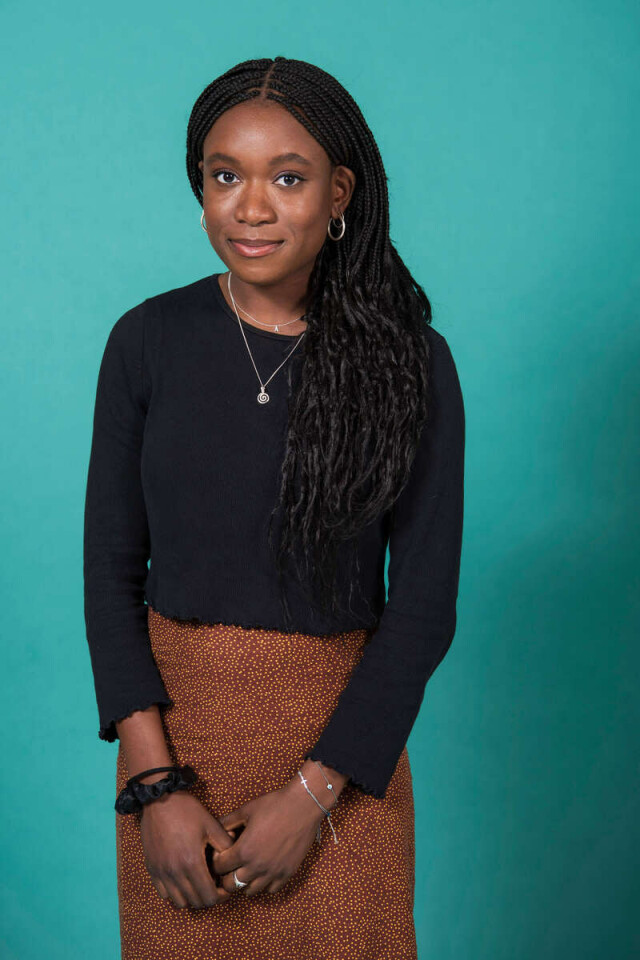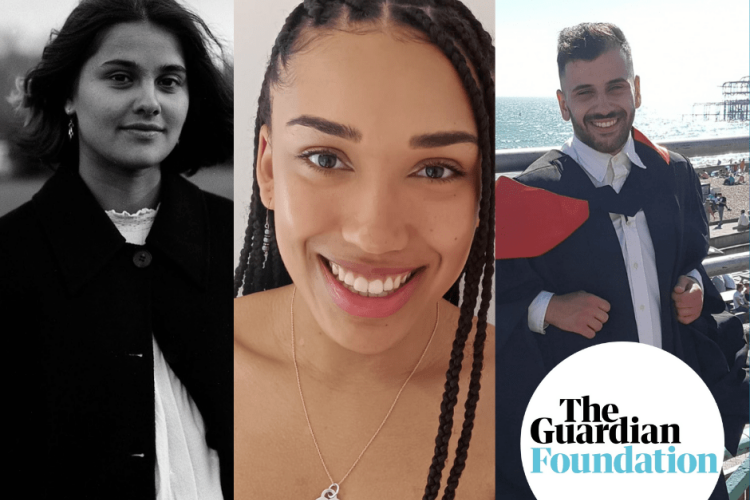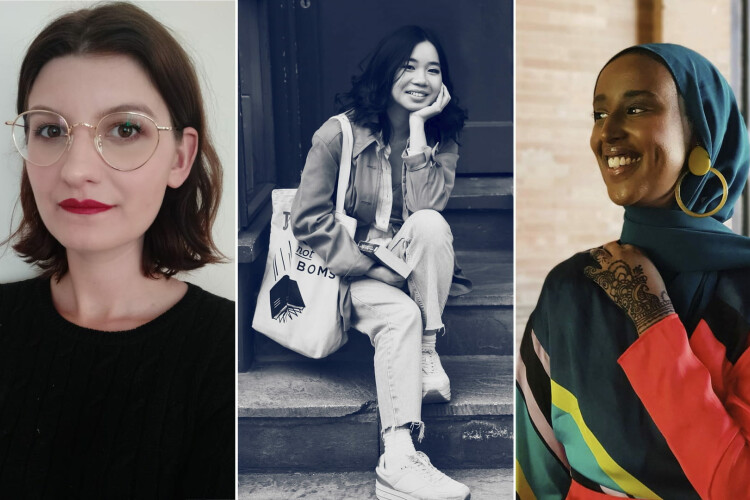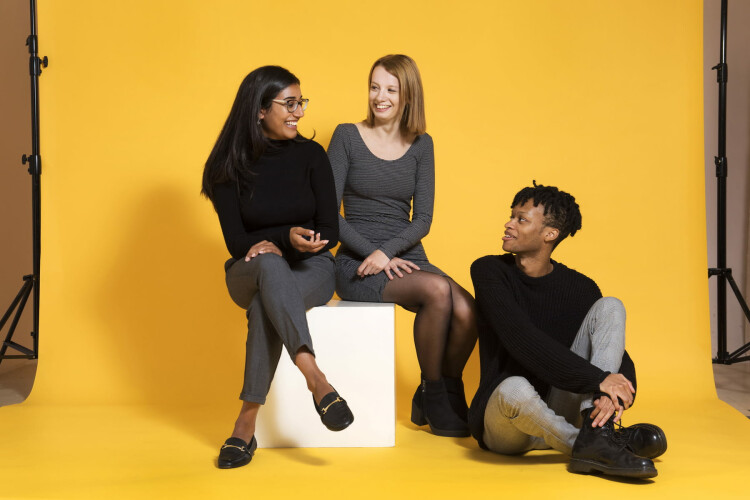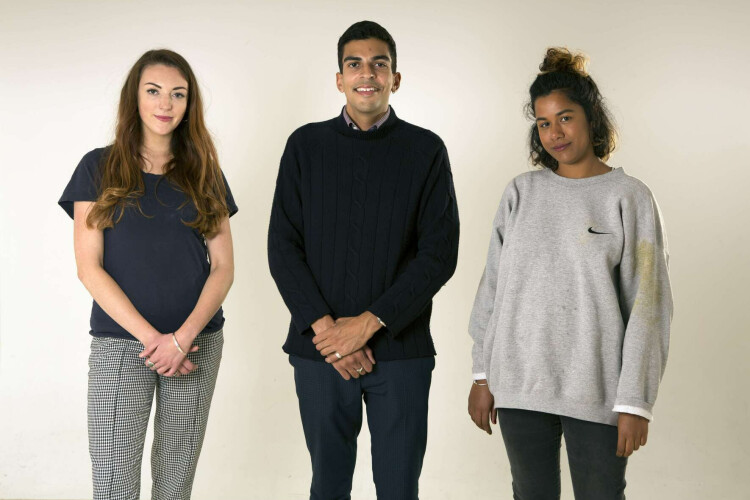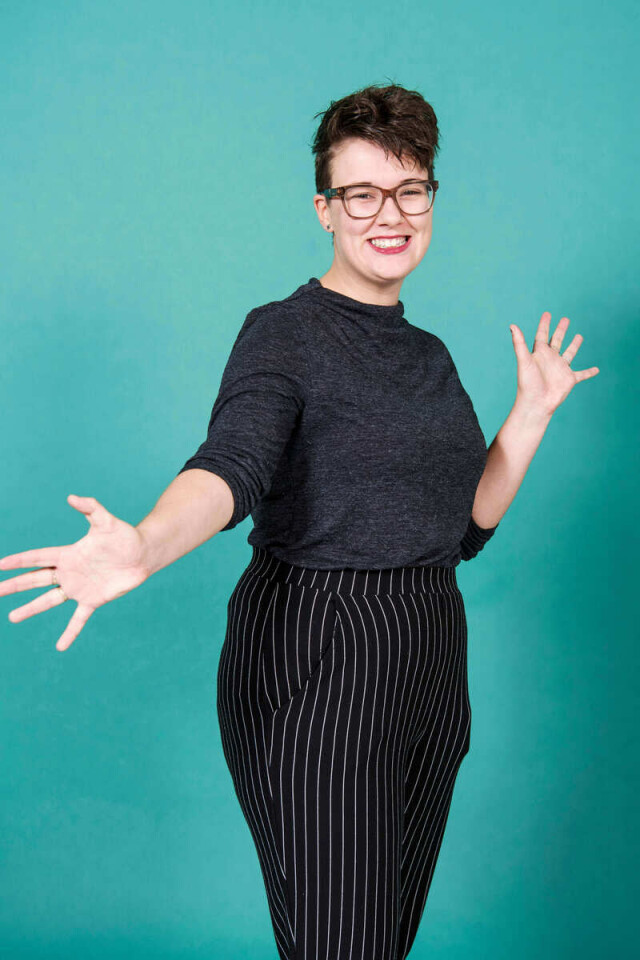
I studied for my MA in Journalism and NCTJ diploma at the University of Sheffield.
I grew up in the suburbs of Birmingham where the best way to describe it is safe, but boring. To escape, I voraciously read the newspaper Dad brought home every evening with my dinner. I watched journalists report in far away lands, and on events that would become celebrations of history. My time was spent completely enthralled by these men and women with microphones and notepads.
My final year of university was where I began to take journalism more seriously by trading nights out with nights in writing for the university’s newspaper. I also became deputy head of news at our university’s radio station. All of this experience and networking culminated in me starting out as a reporter for I Am Birmingham – an online news platform. This is where I honed my craft down and scooped exclusive stories away from the local traditional print newspapers.
After graduating in 2018 with a degree in Politics, I continued to work for I Am Birmingham on evenings and weekends. My days were spent between PR and marketing jobs, but in my heart I knew I wanted to be working for a national newspaper.
I hope to become a news reporter and in the future a political correspondent. I want to show that people who come from a single income (and LGBT) background like myself deserve to have a seat at the media table, and that our stories and our experiences are valid.
We are the next generation of journalists, and ultimately we determine what is to become of the public’s social reality and their view of the world. It is imperative that we do not do our marginalised communities injustice by sticking to an established media script.

